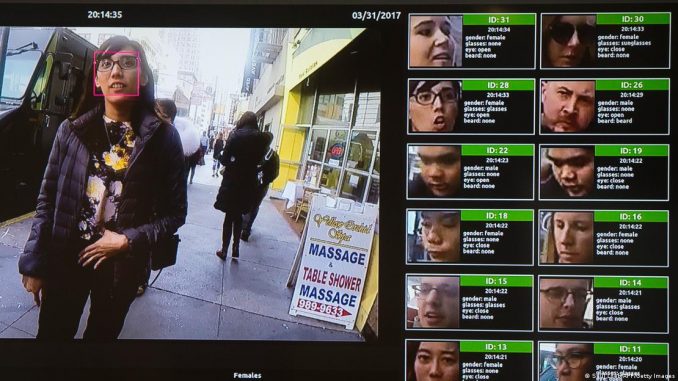
Talks began in Brussels on Wednesday as European Union member states and lawmakers look to iron out some key remaining differences and thrash out an agreement on landmark rules to regulate artificial intelligence (AI).
The closed-door talks, which come after months of negotiations prompted by the bursting onto the scene of ChatGPT last year, are ultimately aimed at establishing the basis on which to approve the world’s first comprehensive AI law.
“The world is watching us,” said Alexandra van Huffelen, the Dutch minister for digitalization, told the Reuters news agency, adding that it was “critical” for the EU to find a compromise by the end of the year, especially with European parliamentary elections in June.
“Citizens, stakeholders, NGOs and the private sector want us to agree on a meaningful piece of legislation regarding AI,” she said.
Why does the EU want to regulate AI?
When ChatGPT was launched almost exactly one year ago, in November 2022, users were wowed by its ability to produce complex works such as poems, essays and speeches within seconds.
Advocates of AI insist that its benefits could go much further, assisting humanity by transforming, streamlining and accelerating everything from work processes to health care.
Critics caution against the unknown risks it could pose to society, disrupting media, judicial systems and democratic processes and sowing unprecedented chaos.
EU bodies say they are not opposed to AI; on the contrary, they want to harness it and support the development of European AI models to compete with those developed in the United States or Asia. The 27-member bloc also envisions regulations for the technology, particularly with regard to EU citizens’ data protection.
If it enacts such rules, the EU would become the first political bloc in the world to pass legislation governing AI and could set a precedent for similar models elsewhere.
The longer it delays, the more it risks losing that first-mover advantage, but opponents fear over-regulation could stifle European creativity and development in the AI sector.
Courtesy of DW